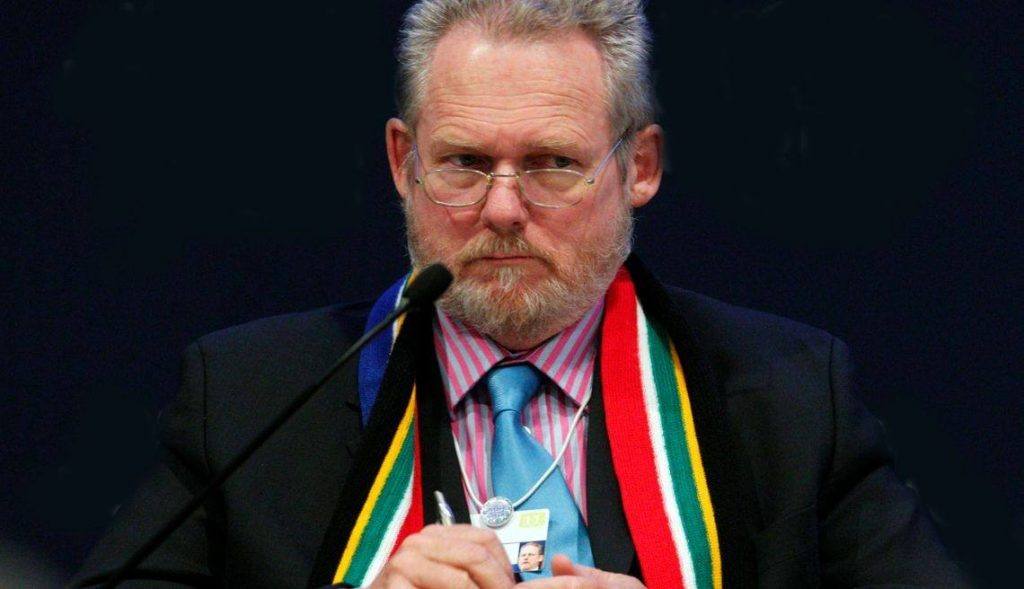South Africa Confiscates Player Winnings in Online Gambling Crackdown
Posted on: May 30, 2017, 11:57h.
Last updated on: May 30, 2017, 12:18h.
If the intent is to stop online gambling, taxing winnings at 100 percent might do the trick.

South African Trade and Industry Minister Rob Davies announced last week that the government had seized R1.25 million ($95,300) from several gamblers prosecuted for illegal online gaming activity. The announcement seemed to add some teeth to a warning about a coming crackdown that officials perceived was largely being ignored.
The announcement didn’t name the guilty players, but Davies had cautioned the public in October that government authorities were shifting their attention toward players, and intended to confiscate any winnings, with the help of their banks.
Now the government in Pretoria is also saying they intend to go after businesses that allow the public to use their internet service for illegal gambling purposes, putting responsibility on internet cafés and the likes of Starbuck’s to help police illicit online activity.
Shape of a Crackdown
South Africa’s National Gambling Board (NGB) has been collaborating with banks across South Africa to identify illegal online gambling and enforce prohibitions against it.
In instances where account holders have made transactions with offshore online gambling sites, the banks will share the information with the NGB, which then has the power to launch an investigation under Section 16 of the National Gambling Act, 2004, authorities said.
Anti-online gambling laws had been on the books in South Africa for years, but had been largely ignored by players and unenforced by authorities. Government officials cited the potential for money laundering as driving the new hardline against online gamblers, but also noted a hit to tax revenues that results from gambling with offshore or otherwise illegal operators.
According to the Casino Association of South Africa (CASA), illegal gambling (both live and online) cost the country more than R110 million ($8.4 million) in tax revenue between 2013 and 2014. CASA estimates that casino revenues dropped at least 5 percent in recent years due to offshore gambling
Warning to Players
“The public is hereby cautioned to be weary of online gambling offerings, as online gambling is illegal in South Africa,” said NGB’s Accounting Authority Karoline Kongwa. “And thus anyone participating in any illegal online gambling activity would be unable to receive any winnings and would expose themselves to criminal prosecution.”
An announcement from the official South African news agency went on to say that it was the public’s responsibility “to be vigilant and to distinguish between licensed and unlicensed gambling operators in addition to being aware of what constitutes an unlawful gambling activity.”
In addition to forcing players to forfeit any winnings to the state, South African authorities say those found guilty of gambling online, or running an establishment that allows people to gamble online, could face imprisonment and/or a fine of up to R10 million ($760,000).
Is Online Gambling Legal in South Africa?
According to the National Gambling Board (NGB) of South Africa, “online gambling” is illegal, but “online betting” is not. According to NGB’s FAQs:
- Is online gambling legal? Section 11 of the National Gambling Act states: A person must not engage in or make available an interactive game except as authorized in terms of this Act or any other national law.
- Is online betting legal? Online betting is legal with a licensed South African bookmaker,” read the NGB’s official rules.
What this means in practical terms is that players can’t bet on poker or casino games with offshore sites, but they can bet on horses or sports with operators licensed by provincial regulatory authorities.
Source: NGB South Africa
No comments yet